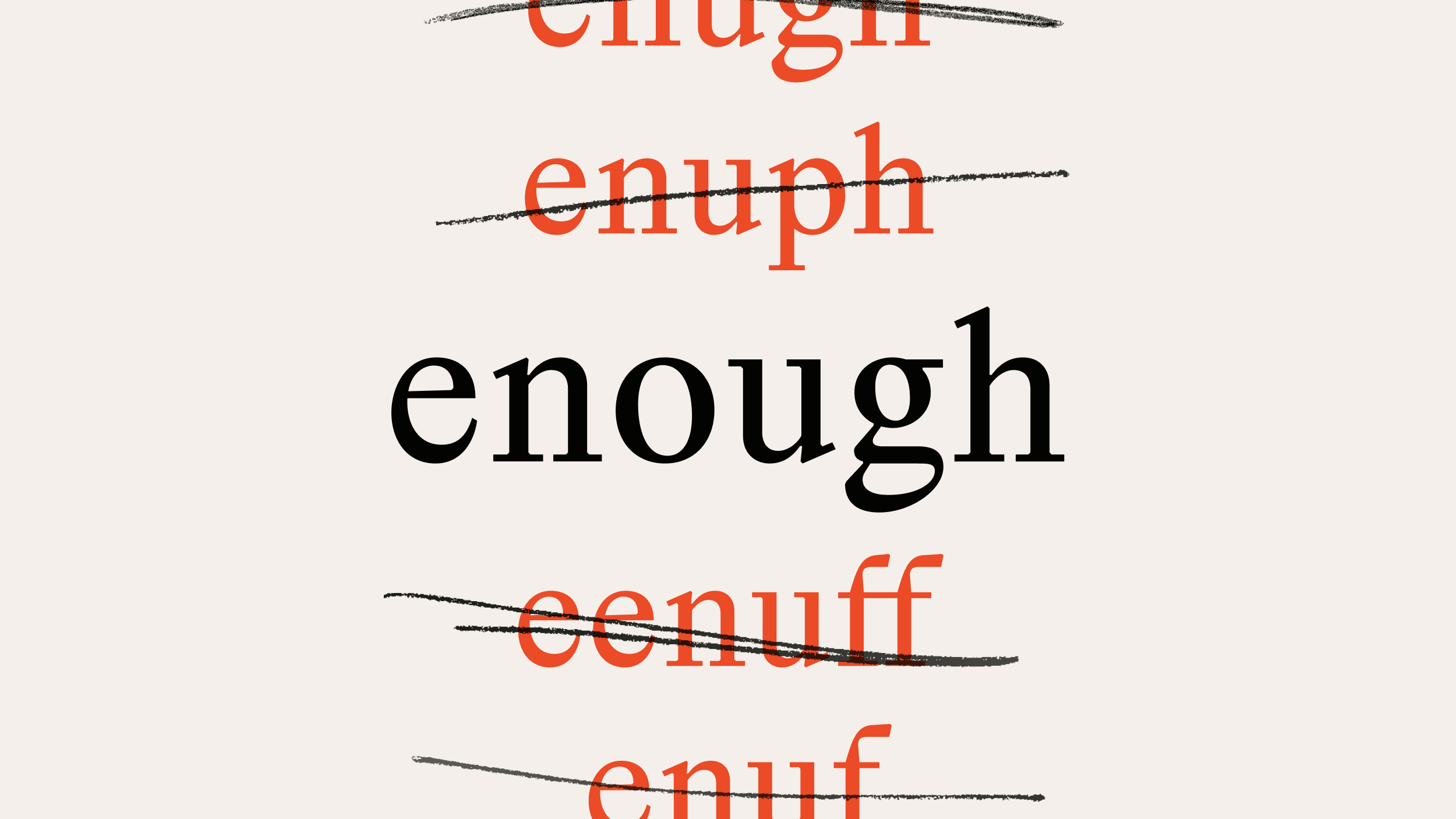Why our Memory is Unreliable
Memory is not a filing cabinet nor a videotape but fragmentary, malleable, and untrustworthy. Hence the introduction of radical new eyewitness testimony rules.

Sign up for the Smarter Faster newsletter
A weekly newsletter featuring the biggest ideas from the smartest people
What’s the Latest Development?
The New Jersey Supreme Court this week released radical new rules on the use and misuse of eyewitness testimony. The ruling has profound legal implications, making it much easier for defendants to dispute eyewitness evidence in court. The ruling also reflects decades of scientific research on human memory and the core idea—which can be traced back to research by Elizabeth Loftus—that human memory is untrustworthy.
What’s the Big Idea?
Loftus’s legal reasoning has always been based solidly on her lab science, which demonstrated how easy it is to distort someone’s memory—or to implant original, and completely false, memories. This has potential for good yet also raises philosophical and ethical issues. For example, Loftus has successfully implanted false memories of disliking certain foods, which suggests the possibility of implanting in obese teenagers’ minds the idea that they dislike fattening foods. Critics are already howling but Loftus’s view is: “What’s worse—obesity or a little, teeny bit of false memory?”
Sign up for the Smarter Faster newsletter
A weekly newsletter featuring the biggest ideas from the smartest people





